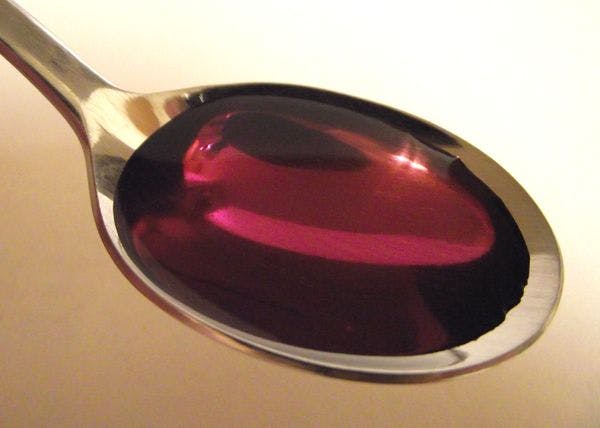Thumbnail: CC Stickpen
Le Nigéria interdit le sirop contre la toux à la codéine pour mettre un terme à une épidémie d’addiction. Mais quelque chose de pire prend sa place.
L’interdiction du sirop contre la toux à la codéine au Nigéria pourrait engendrer des résultats encore pire en termes de santé, avec des personnes dépendantes à la recherche de substances de remplacement. Pour en savoir plus, en Anglais, veuillez lire les informations ci-dessous.
By Siobhán O'Grady
They drink it in alleyways and markets, at bars and in private homes. They take it straight or mix it with Coca-Cola, making their purchases underground or in pharmacies, with a prescription or without.
It's codeine cough syrup, and Nigerian lawmakers estimate that the residents of just two states in the country's north consume more than 3 million bottles of it each day. “There is no family now that is not affected,” said Oluyemisi Ogun, the medical director at a psychiatric hospital in Lagos, at a symposium in Nigeria last year. “Our children are at risk as much as our husbands, wives and other relatives.”
Now the country’s health ministry has banned the import and production of the painkilling medicine-turned-street-drug. This week’s ban came immediately after the BBC released "Sweet Sweet Codeine," a documentary that shows pharmaceutical-company staff selling large amounts of cough syrup to undercover BBC reporters. The government claims the ban is the result of an internal investigation and not related to the BBC’s report.
